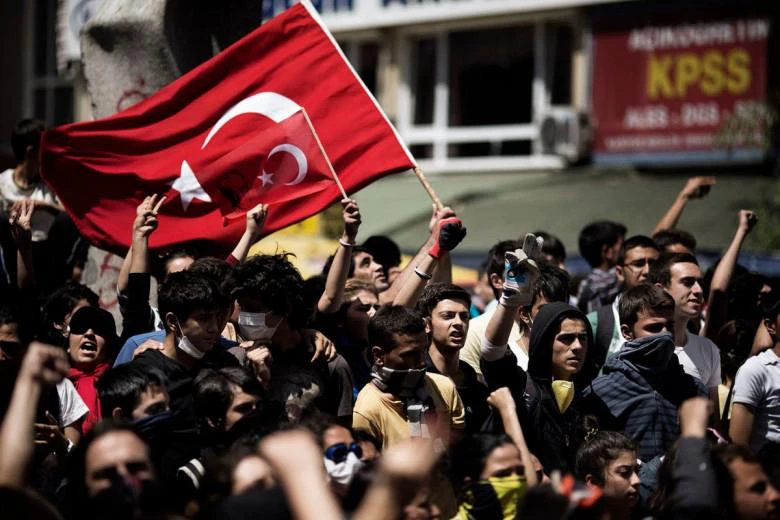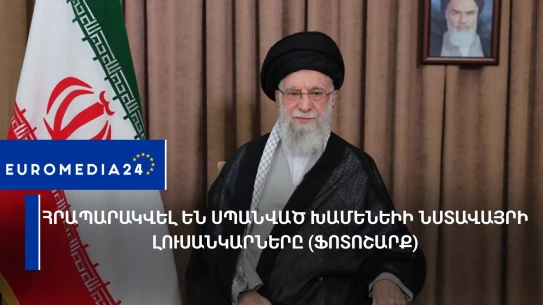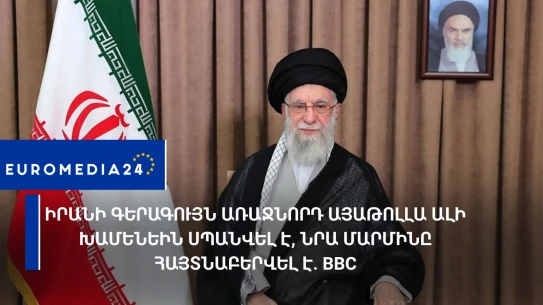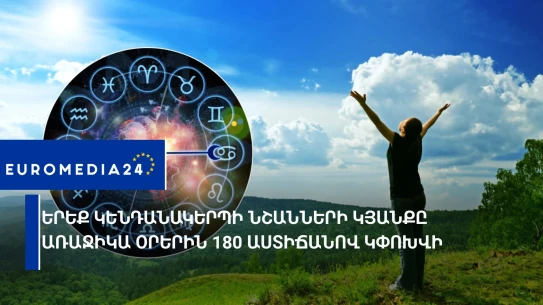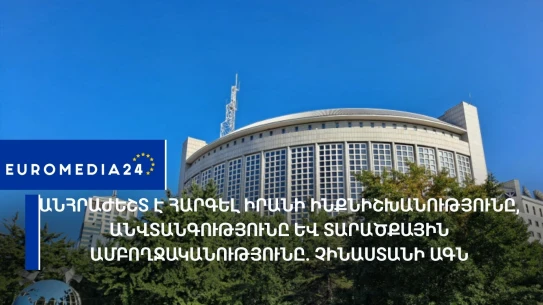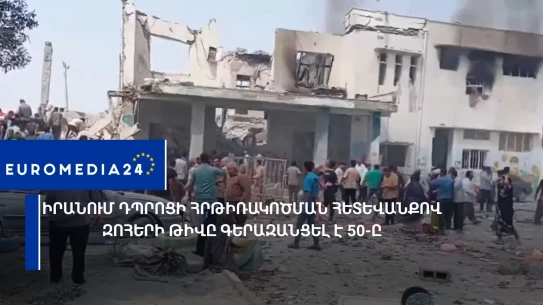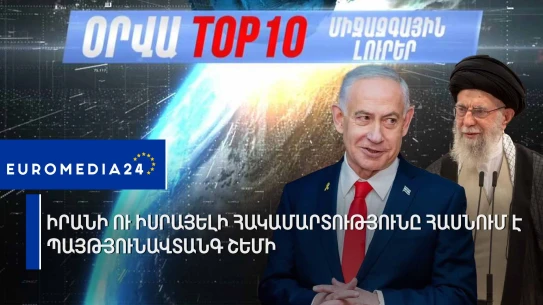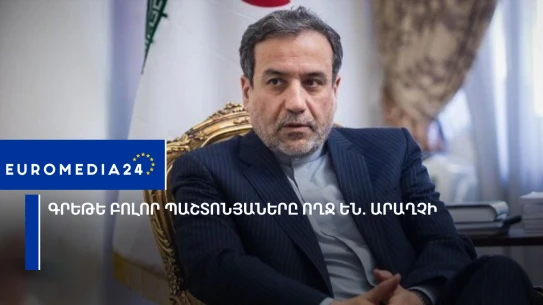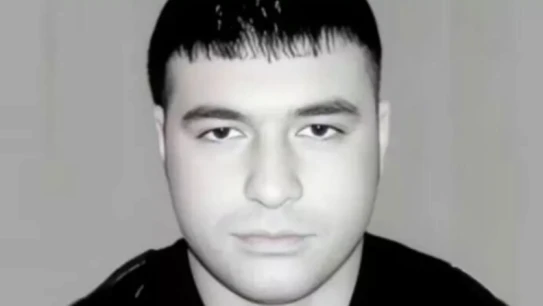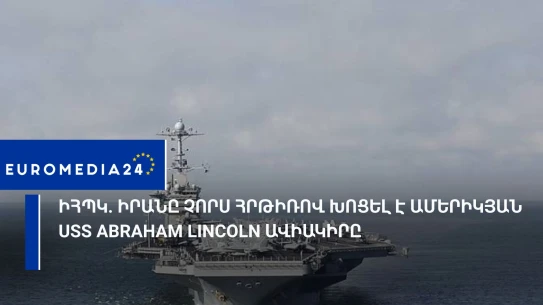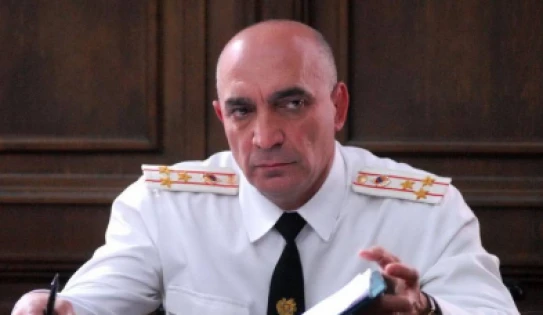"Past" daily writes: In recent years, Turkey has been positioning itself in several directions at once. On the one hand, there is the aspiration towards EU membership, and Turkish officials state that their ultimate goal is to join the EU. On the other hand, Turkey is accompanied by the desire to assume leadership in the Islamic world. In this context, Ankara presents itself as defending the rights of Muslims in the world. But the main direction of the foreign policy of the Turkish state is around pan-Turkism. Pan-Turkish programs are being revived by Turkey and are getting flesh and blood. If in the past the implementation of pan-Turkish programs was considered improbable and considered as an ideological remnant of the beginning of the 20th century, now we see concrete practical steps in this direction. It must be admitted that the situation in the South Caucasus and Central Asia has changed. If previously these areas were considered a zone of Russian influence, now Turkish influence is penetrating at a high speed. In some directions, the situation is even in favor of Turkey, which uses not only the factor of cultural commonality and language, but also its economic and military potential. After all, Turkey has managed to make tremendous progress in recent decades. Especially after the second Artsakh war, the balance of gravity in the South Caucasus has changed.
Turkey has gained full access to Azerbaijan, conditioning the victory of the Artsakh war on the factor of Turkish forces, and is pursuing the goals of modernizing the Azerbaijani army and creating a pan-Turkish army. However, even temporarily, Russian positions in the region are continuously weakening, including in Armenia, which has traditionally been Russia's support in the South Caucasus. It is natural that after strengthening its positions in Azerbaijan, Turkey will make a jump to Central Asia. In this case, the task is to unite the Turkic world and gather the Turkic-speaking countries under the auspices of Turkey. And for this, foundations are being created in the context of various international organizations and cooperation formats, the main one of which is the Organization of Turkish States. Especially in recent years, various pan-Turkic initiatives and formats have been activated, which are aimed at creating a common field in different directions. For example, it is no coincidence that the issue of creating a common language and alphabet of the Turkic-speaking peoples has been initiated by Turkey. Against this background, Kazakhstan refuses to use the Russian alphabet, Cyrillic. Back in 2017, the first president of that country, Nursultan Nazarbayev, announced in the "Kazakhstan-2050" plan to switch to the Latin alphabet by 2025. There are also initiatives in the direction of creating a unified pan-Turkish education system. And the other day, Turkey replaced the term "Central Asia" with "Turkestan" in the school curriculum. It is true that the pan-Turkic integration field is still on its way to being established, but if it continues at this rate, very soon Russia will feel a concrete threat in Central Asia, the countries of which are continuously distancing themselves from Russia and looking towards Turkey. And in the future, this process may pose a threat to China as well. because Turkey stands in the position of protecting the separatist Turkic-speaking Uyghurs in that country and can provoke instability in the Xinjiang province. Time will tell how far the plans for the unification of Turkic-speaking countries and peoples will go, but we see that from the point of view of the global interests of geopolitics, they are first of all directed against Russia, and then also against China. How successful Turkey will be in its pan-Turkish plans also depends on the events taking place around Armenia, because through Armenia it is possible to weaken Turkey's march to the east. And from this point of view, Russia should be interested in supporting Armenia, otherwise it will be in danger. The situation in the South and North Caucasus and Central Asia is no less dangerous for Russia than Ukraine, and in some ways even more so, because concrete disintegration programs can be put forward with them.
ARSEN SAHAKYAN
















